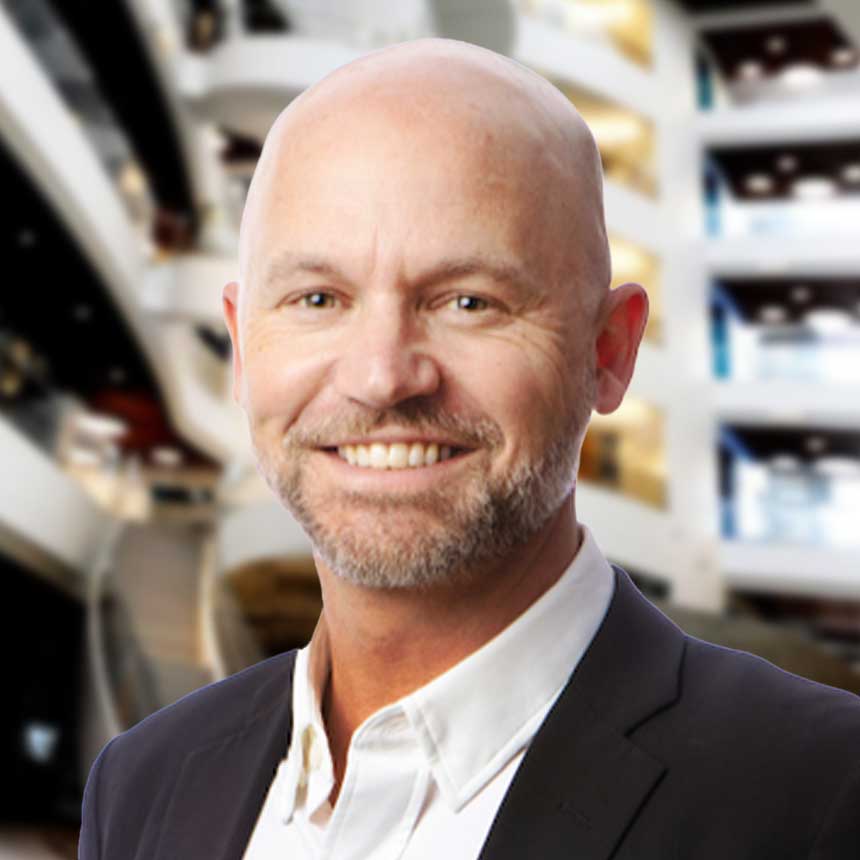A Northeastern professor’s algorithm can predict behavior in autistic children
Understanding an autistic child's behavior requires an understanding of his or her stress, anxiety, and arousal. But people with autism can't always articulate how they feel, either with words or facial expressions. To overcome this challenge, Northeastern behavioral scientist Matthew Goodwin developed a system that includes wearable biosensors, a mobile app, and a machine learning algorithm to predict when an autistic child or adolescent will act aggressively.

